Island Lecture Series
What is the Island Lecture Series?
The Island Lecture Series is hosted by the Institute of Island Studies in partial fulfillment of its mandates to serve as a bridge between the University and island communities, encourage knowledge and understanding of Prince Edward Island, and link global and local island communities, research, and experiences.
The Island Lecture Series takes place annually during the academic year (September–May) and features presentations from and discussions with local and global island scholars, authors, and community members.
Recordings of all lectures are available here and on the Institute of Island Studies YouTube channel. Check them out to listen to inspiring stories, learn from engaging discussions, and stay digitally connected and informed.
Upcoming Lectures
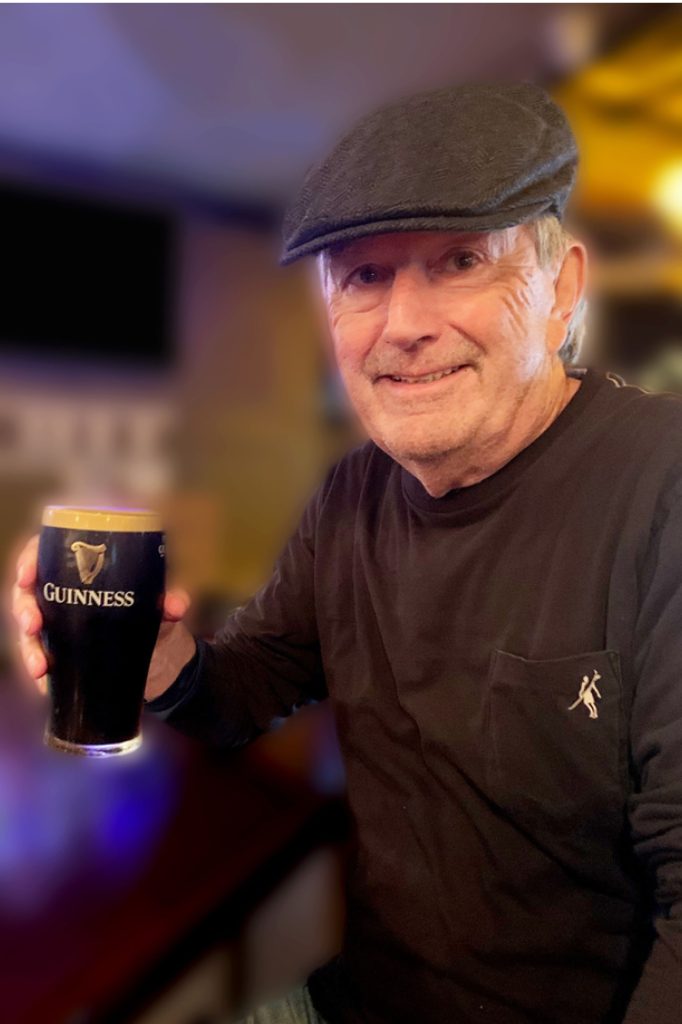
March 17, 2026, St. Patrick’s Day! @7:00pm
(UPEI Main Building, Room 201) – “Finding Place: An Irish Story” with Frank Gillan
“Finding Place: An Irish Story” is a family story about the search for security. In 1953, Marion Gillan’s husband was killed piloting a private plane. Their only family income disappeared on that May afternoon, and employers were not interested in hiring a widow with five young children. But the challenge was something Marion had seen before. In 1919, her father died, leaving 34-year-old mother, Jennie McCarthy, with a 70-acre mixed farming operation and four young children, Marion being the oldest at age seven. In an age where women had few rights, both women were determined to find a way to keep the family together. Both had inherited resilience and resourcefulness from their Irish roots.
For generations, their ancestors had lived under oppressive British laws in Ireland. Their land was taken from them, and they were forced to be tenants in their own country, living under the constant threat of eviction. In addition, Irish Catholic daily lives were regulated under the stifling Penal Laws, intended to obliterate their culture and religion – and to keep them poor. The Gillan ancestors’ emigration from Ireland to PEI was a search for better opportunities. PEI offered hope, but also considerable challenges.
Frank Gillan is a sixth-generation Irish Canadian. In 2022, he published The Gillan Journey: County Antrim to Peakes Road, and in 2025, he published his mother’s family story with They Can’t Take the Kids: the Mooney/McCarthy/Gillan Legacy. Frank and his wife Cathy are retired and live in Charlottetown. They like to travel, hang out with friends, and spend time with their four children and seven grandchildren.
Past Lectures
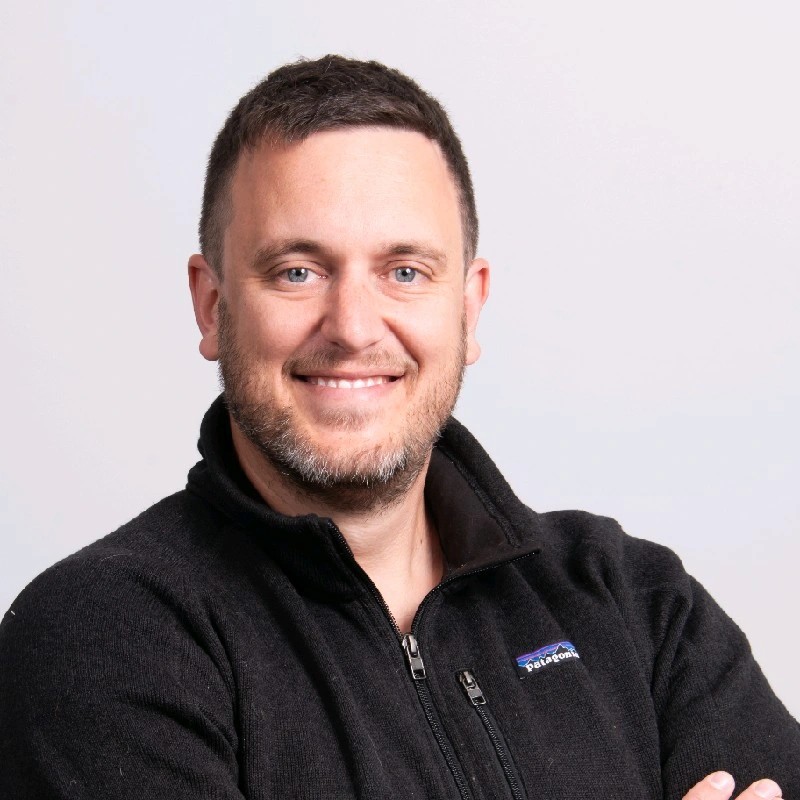
January 20, 2026 @7:00pm (UPEI Main Building, Room 201) – “Power Plays: Newfoundland’s Fight over Churchill Falls” with Jeff Collins
“No more giveaways” is a longstanding idea built into Newfoundland nationalism. Controlling resources and achieving as many benefits as possible for the local population even predates Confederation with Canada in 1949. However, it is the sense of betrayal and lost opportunity associated with a 1969 agreement with Quebec to develop the Churchill Falls hydro-electric dam that stands alone as the symbol of this sentiment.
Now, as the people of Newfoundland and Labrador near the closing decade-and-a-half of that original contract, they are presented with a new deal, a “memorandum-of-understanding” between the two provinces that would extend the partnership and potentially develop even more hydro-resources in the province. The deal’s proponents, chiefly the provincial Liberal party, which lost this year’s election, say it will bring billions in new revenue to a province teetering on financial calamity. For detractors, chiefly the new provincial Progressive Conservative government, it is a deal that, at a minimum, is worthy of review given the legacy of 1969.
This talk will situate the current debate within this historical context and show that for the government in St. John’s, and the province as a whole, there are no nuanced answers when nationalist sentiment shadows public policy. Jeffrey F. Collins is an Assistant Professor of Political Science at the University of Prince Edward Island. A native of Placentia, Newfoundland, he has written numerous articles and essays on Newfoundland political history and public policy challenges.
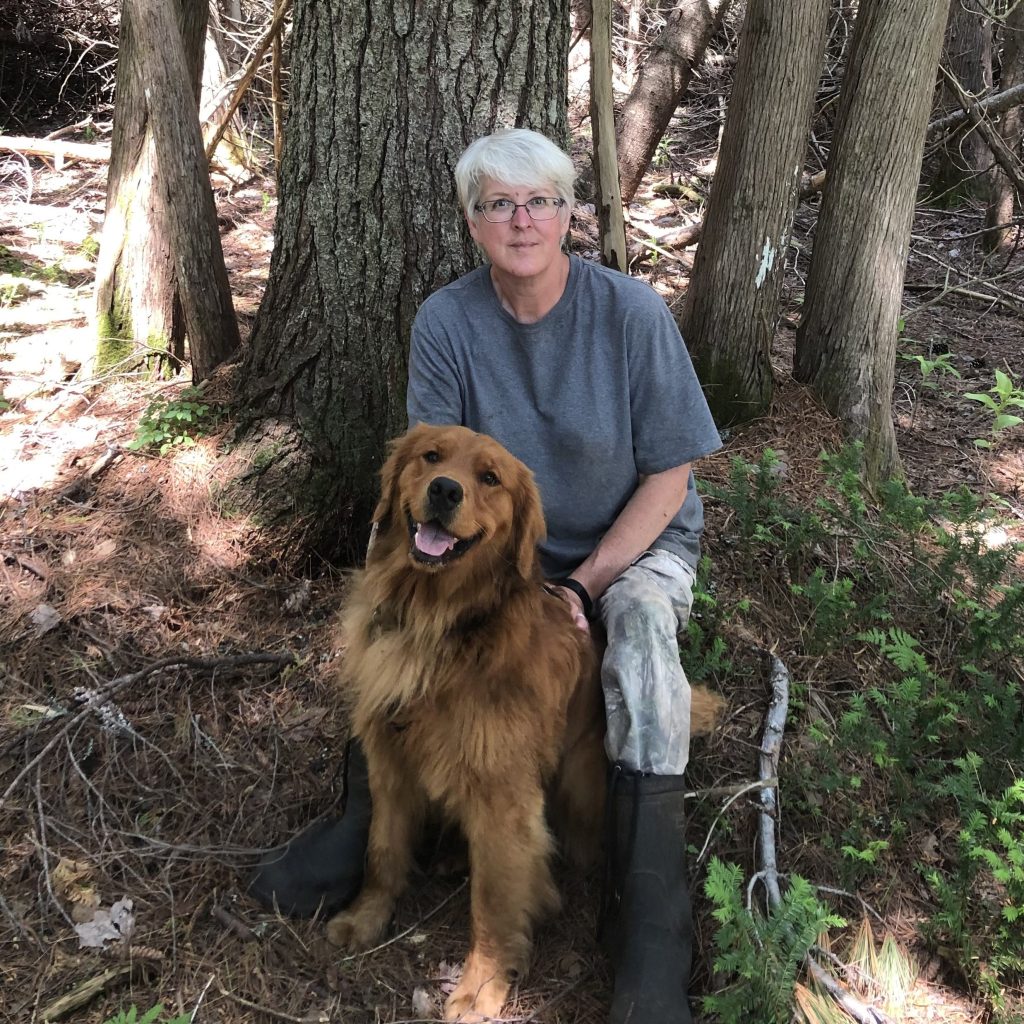
November 18, 2025 @7:00pm (UPEI Main Building, Room 201) – “The Wild Side of PEI” with Kate MacQuarrie
Prince Edward Island is known as the ‘million-acre farm’ and ‘Canada’s food island’, but there is so much more to this province than farming and fishing! In this illustrated presentation, Kate MacQuarrie will take you on a tour of some of PEI’s best remaining natural landscapes. From iconic coastal sand dunes and red sandstone cliffs to wetlands, ancient peat bogs, and old growth forests, this presentation highlights the wild side of Canada’s smallest province. No matter how well you know PEI, you’ll something new and interesting from this talk.
Kate MacQuarrie is an award-winning botanist, naturalist, and author with more than 30 years’ experience working with the plants, wildlife, and natural history of PEI. In addition to being PEI’s Director of Forests, Fish, and Wildlife, she runs PEI Untamed, a business dedicated to helping people learn, explore, and reconnect with the natural world around them. Kate has conducted research in PEI’s upland hardwood forests and coastal sand dunes, found plants not previously known to exist on PEI, published papers in national and international peer-reviewed journals, and has just published her first book, Wild Foods of Prince Edward Island, with Acorn Press. She is currently working on another book due out Fall 2026.
The lecture is free, and all are welcome. For more information, contact Bren Simmers at 902-566-0386 or ispstaff@upei.ca.
Unfortunately, due to a camera malfunction, we do not have a recording of this lecture. If you have a chance to see Kate in person, go! She is an entertaining speaker.
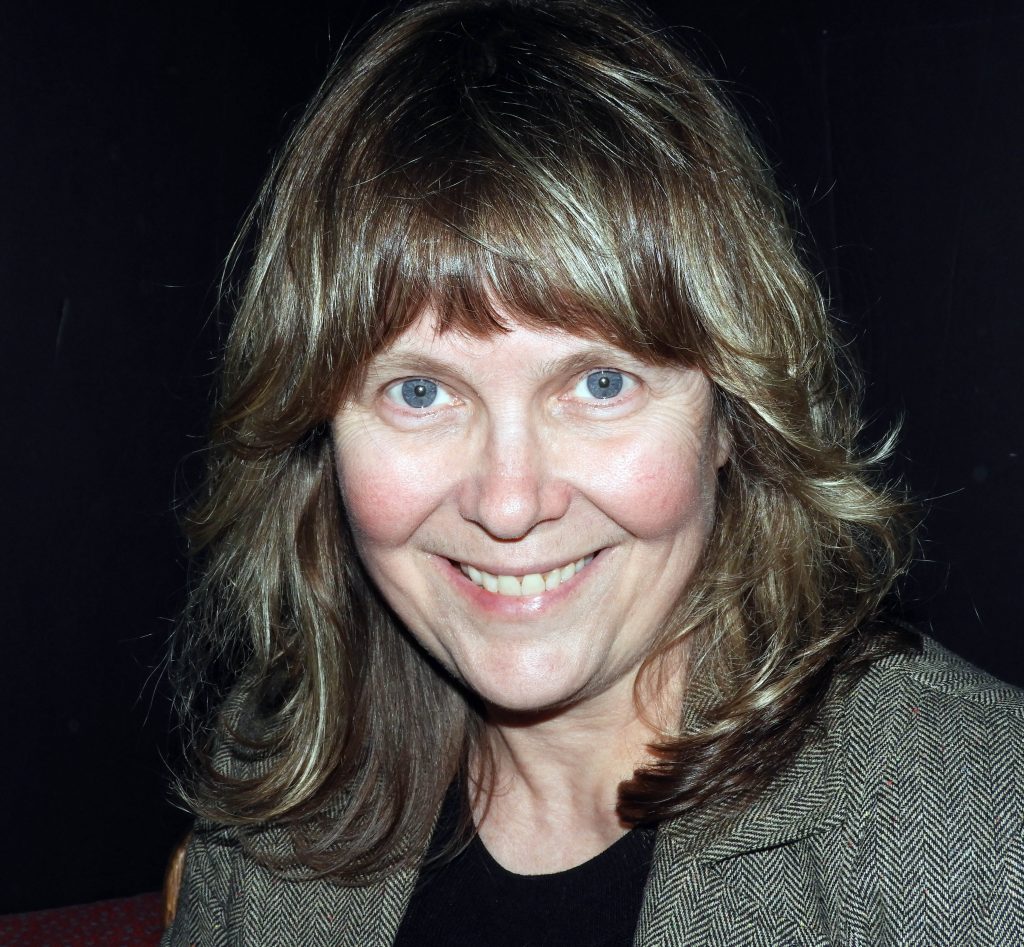
October 21, 2025 @7:00pm (UPEI Main Building, Room 201) – “Memories of Osland: a historical Icelandic village in northern British Columbia” with Dr. Helen Kristmanson
Hidden along the Skeena River’s sylvan shores are the remains of a small historical village known as Osland. Settled by Icelanders who migrated west between 1870 and 1914, Osland was part of a thriving network of communities that formed an economic hub supported by the fishery and canneries. Today, though a few families preserve their ancestral houses at Osland, these historical buildings are interspersed with the fading remains of those long gone. This presentation draws on a range of primary sources, including memories gathered about thirty years ago from Osland’s children and grandchildren.
Dr. Helen Kristmanson was the Island’s first provincial archaeologist, serving in this role from 2009 until 2021, when she joined the L’nuey team as Senior Archaeologist. L’nuey is an Epekwitk-based initiative focused on protecting and implementing the constitutionally entrenched rights of the PEI Mi’kmaq. Helen is an Institute of Island Studies Executive Committee member at the University of Prince Edward Island, past president of the Canadian Archaeological Association, and sitting president of the Vinland Society of PEI. Current scholarly research includes an examination of the underrepresentation of historical Mi’kmaq archaeological sites on Epekwitk through collections, archival, and field research. Helen descends from Friðrik August Kristmansson and Elín Jonasdottir, first-generation Osland settlers, and Guðmundur Bjornsson and Thorbjorg Guðny Bjornrdottir, also vesturfarars, who settled in southern British Columbia. In her spare time, Helen researches Icelandic and Scottish history.
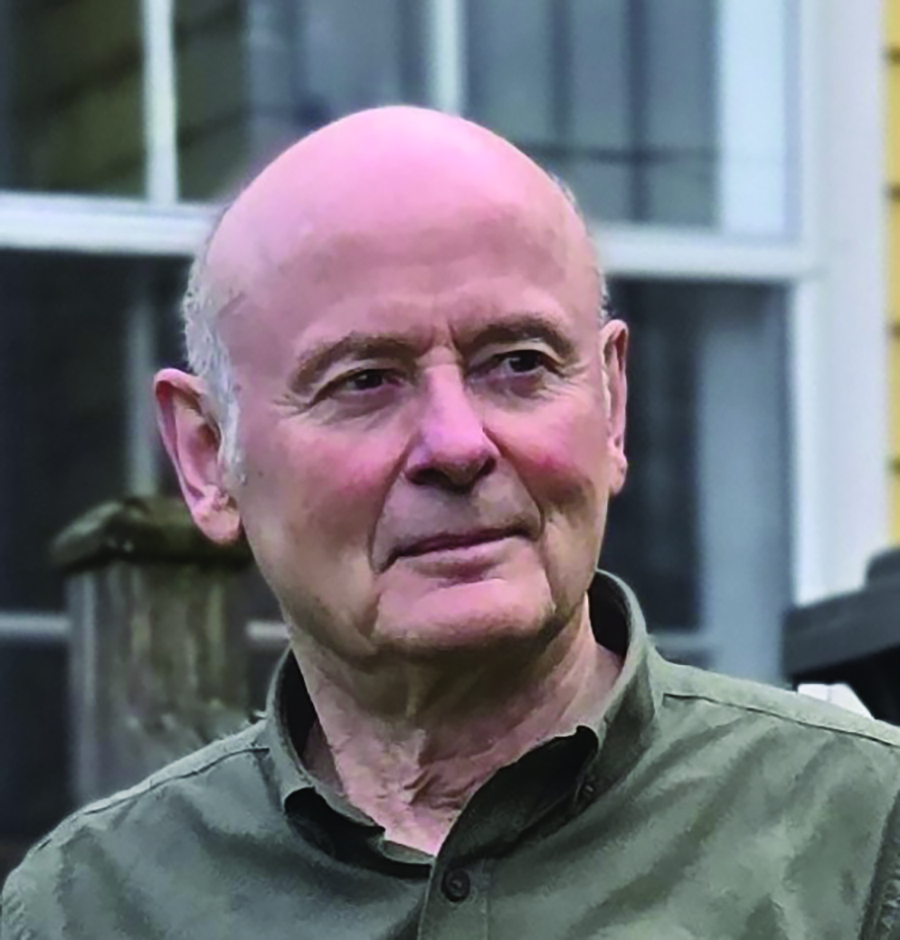
September 16th, 2025 @7:00pm (UPEI Main Building, Room 201) – Pre-Settlement Forests of Western PEI Based on the Survey-books of Alexander Anderson (1795-1884) with Doug Sobey
The Island Lecture Series presents an illustrated talk by Dr. Doug Sobey on the historical forest composition of PEI in the mid-1800s based on the survey-books of Alexander Anderson (1795-1884), government surveyor for Prince County from the 1830s to the 1870s. The Island Lecture Series will be held on September 16, 2025, at 7 pm, in the Faculty Lounge, Main Building Room 201, University of Prince Edward Island.
Because many of Anderson’s survey lines, especially his road lines and township boundary lines, ran over land that had not yet been cleared of forest, collectively, his more than 2,700 forest descriptions constitute a valuable body of information on the composition of the pre-settlement forests, especially in the area west of Summerside. Sobey’s analysis of the survey-books resulted in the identification of eighteen distinct pre-settlement forest-types, most of which no longer occur in the region: nine are in “upland” habitats and nine in “lowland,” upland referring to the region’s drier well-drained soils, and lowland to the region’s imperfectly-drained, and especially to its poorly-drained soils. Sobey will reveal how the forest that Anderson encountered bears no comparison to the remnant degraded woodland of today.
Doug Sobey has taught at various institutions in Northern Ireland for thirty years, including the University of Ulster. Eleven of his monographs on the present and historical forests of the Island have been published by the Island government, along with historical papers in the Island Magazine. He co-authored a book on Samuel Holland’s 1765 survey of Prince Edward Island, and he contributed a chapter on the Island’s forest history to Time and a Place – An Environmental History of Prince Edward Island.
February 2025 – Nordic Perspectives on Climate Change and Security:
Insights from Transatlantic Leaders
Held on February 25 at the University of Prince Edward Island, the panel discussion brought together ambassadors from Denmark, Finland, Iceland, Norway, and Sweden as part of their official tour of Canadian territory. Organized by UPEI’s Island Studies and Political Science/Climate Change departments, the event featured a moderated discussion followed by questions from faculty and students.
January 2025 – Film Screening of N’AP Boule (Through the Barricades) with Alexandrine Benjamin
Click here for a plain language summary of the film screening and discussion!
Film Synopsis: In the midst of the treacherous social protests that have paralyzed Haiti for months, a modest couple must face blocked roads and murderous gangs in the hope of finding a place to give birth safely.
Biography: Alexandrine Benjamin is a Haitian filmmaker, and holds a master’s degree in film production from the University of Greenwich in England. Her works mostly focus on social justice issues such as human rights, gender violence, and insecurity. She recently directed N’AP Boule, an award-winning short film that tells the heartbreaking story of a Haitian pregnant couple looking for a safe place to give birth in the midst of the Haitian socio-political movement “peyilòk”. For more than five years, Ms. Benjamin acted as project manager for Lakou Kajou, an engaging media program produced by the small American media Blue Butterfly which raises awareness among Haitian children about literacy and maths, but more importantly about how to solve problems. The filmmaker is now producing her first feature film “O Negatif”, promoting the full emancipation and inclusion of people living with HIV around the world. Alexandrine believes that education is the path to a better future for her home country, Haiti; and if her art can be a tool to this end, it is the way to go.
Fall Recap – Reflections about the environmentally-themed Fall 2024 Island Lecture Series are also available here, and made possible through an ENV 3010 Environmental Studies Internship carried out by Jehaan Cooper.
December 2024 – How adaptive is the PEI lobster fishery? An exploration of climate change and the social structures influencing the local fishery with Marlene Chapman
When: Tuesday, December 10th, 7:00pm – 9:00pm
Where: Faculty Lounge, SDU Main Building, UPEI
The lobster fishery has been a prominent feature of the Island’s economy and culture for over one-hundred and fifty years. In recent decades, it has become the most lucrative fishery in all of North America. Is it threatened by climate change? How adaptable are our fishers? What is the government’s role in protecting this fishery and the communities that depend on it? These questions will be explored through information gathered in interviews of local fishers, the researcher’s personal experience, and evidence found in scholarly and grey literature.
Marlene fishes lobster out of Murray Harbour, PEI, and recently completed her Master of Arts in Island Studies graduate thesis on climate adaptation in the PEI lobster fishery.
November 2024 – Water Sustainability on PEI: Environmental Flows Research on Groundwater Abstraction
Presented by the Institute of Island Studies at UPEI, this November 19th lecture by Dr. Michael van den Heuvel (Biology and Biomedical Sciences, former Canada Research Chair in Watershed Ecological Integrity) explores the issue of water sustainability on Prince Edward Island. Water extraction from groundwater for agricultural irrigation on PEI has been a controversial issue. Research is being conducted to evaluate the sustainability of water extraction for agricultural and domestic use on PEI under the framework of environmental flows. Environmental flows describe the “quantity, timing, and quality of water flows required to sustain freshwater and estuarine ecosystems and the human livelihoods and well-being that depend on these ecosystems.” Environmental flows are examined on PEI under the broad context of biodiversity, fisheries, hydrology, hydrogeology, legislative and social dimensions.
October 2024 – Finding Home at the Harbour by Barbara Palmer Rousseau
Presented by the Institute of Island Studies at UPEI, this October 22 installment of the Island Lecture Series celebrated the launch of Finding Home at the Harbour by Barbara Palmer Rousseau. Weaving natural history with her own story and illustrations, Rousseau highlights the resilience of the Island and its inhabitants to ongoing environmental change in this collection of illustrated essays published by Island Studies Press.
A frequent summer visitor to PEI, Barbara Palmer Rousseau experienced its true beauty when she moved from Ontario to the Island. At her cottage in St. Peters Harbour on the northeast shore, she learned the seasonal rhythms of spring peepers and barefoot beach walks, fall hurricanes and winter freeze-up. Her creativity returned as she began to sketch her fox family neighbours, the nearby dunes and the sand-locked lighthouse. Her essays reflect on the fluid nature of the shore and tell a story of adaptation and hope.
Barbara Palmer Rousseau moved to Prince Edward Island in 2020 to return to school after a thirty-year career in Ottawa’s software development industry. She is currently completing a Master of Arts in Island Studies (MAIS) at UPEI, studying the environmental history of the north shore dunes and the resulting implications for the future of the Island.
September 2024 – Sustainable Island Solutions through STEM: the SISSTEM programs at the University of Aruba
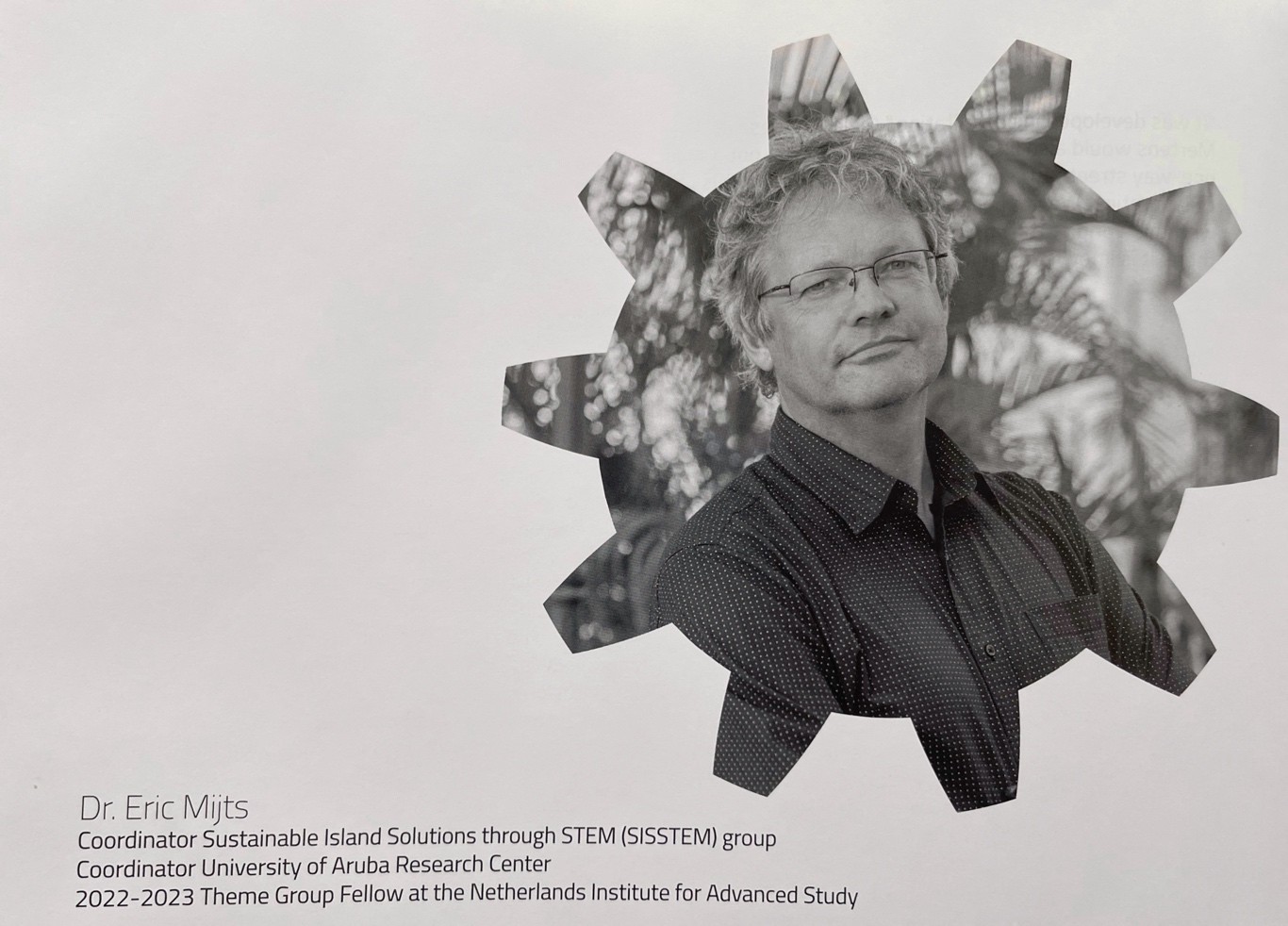
How can we find sustainability solutions at the crossroads of global technological development and the specificity of island contexts and island communities, and how can we build academic programs that build upon the opportunities of islandness? Over the past decade, a team at the University of Aruba has taken on the challenge to develop the Sustainable Solutions through Science programs, a cluster of innovative STEM programs. Dr. Eric Mijts will dive deep into the conceptual underpinnings of the SISSTEM program including social sciences and humanities, the contextual setting, the complexities of the implementation of the programs as well as the impacts the programs have at institutional and national level as well as on the development of the field of island studies.
Dr. Eric Mijts is a researcher, educator and manager at the University of Aruba with a keen interest in program design for sustainable development in small island states. He is director of the University of Aruba Research center, co-founder and coordinator of the Sustainable Island Solutions through Science, Technology, Engineering and Mathematics (SISSTEM) project cluster and he is co-founder of the Academic Foundation Year. He facilitates several international students research exchange programs. As a researcher Eric is also affiliated to the University of Antwerp and is an active partner in the United Nations Sustainable Development Solutions Network and in the Metabolism of Islands think tank. His research and publications focus on multilingualism, language policy and planning, education for sustainable development and inclusion/exclusion processes. Driven by his passion for the balance between humanity and the environment, Eric supports several international research and education projects on marine and terrestrial ecosystems health, governance and restoration.
A recording of this lecture can be found below:
Island Lecture Series | The Biogeography of North Atlantic Islands, with David Cairns
Presented by the Institute of Island Studies at UPEI, this lecture recorded on March 26 island-hopped across the northern North Atlantic to see who lives there and how they got there. Biogeography is the three-way crossroads of history, biology, and geography. For most of these islands; the Shetlands, the Faeroes, Iceland, and many others; this history started when bare land emerged from under melting ice about 10,000 years ago, with creatures soon arriving by wing or wind. Humans came too, some by primitive boats that we know almost nothing about. But history can also have recent beginnings, such as the explosive birth of Surtsey Island, off Iceland, in 1963. This talk recounted the rich biological traditions of island biogeography, and showed that their insights apply equally well to people.
Island Lecture Series and Book Launch | The Bridge Effect with Laurie Brinklow, Andrew Jennings, and Janice Pettit
Recorded February 27th, 2024.
This combo event celebrated the launch of The Bridge Effect: Critical Reflections in the Age of Technological Solutionism co-edited by Laurie Brinklow and Andrew Jennings. The event featured a discussion of the effect of bridges—be they physical or digital—on island life and culture.
Brinklow will presented a humorous look at ferry crossings and how the various stages of the journey from the race to the dock to chatting with neighbours in the lineup can define island life. Jennings, beaming in from Shetland, Scotland, via a technological bridge discussed the long-lasting impacts of two small bridges on island populations in the Scottish archipelago. While PEI contributor, Janice Pettit shared her interviews with island residents on how the Confederation bridge has affected “the island way of life” twenty years later.
Island Lecture Series | Time Flies: An Aerial History of Coastal and Ribbon Development on Prince Edward Island with Dr. Josh MacFadyen
Recorded January 23rd, 2024. Based on his new book, Time Flies, Dr. MacFadyen will shows that development in the coastal zone and along rural roads is accelerating on Prince Edward Island, just as the province is experiencing sustainability challenges in both areas. The talk offers a unique combination of aerial photographs, historical maps, and more traditional sources, as it describes the province’s journey into modernity. Josh MacFadyen is an Associate Professor and Canada Research Chair in Geospatial Humanities in the Faculty of Arts at the University of Prince Edward Island. He teaches in the Applied Communication, Leadership & Culture Program, and he leads the GeoREACH lab at UPEI which supports Geospatial Research in Atlantic Canadian History.
“Authentic Prince Edward Island Tourism Experiences: What Locals Have to Say” with Dr. Susan Graham
November 21st, 2023 Authenticity in tourism is a hot topic. Can tourism experiences ever really be authentic and truly reflect the character, history, and people of a place? One underrepresented voice in the authentic tourism is that of locals. Using a research panel of 600 islanders, we asked Prince Edward Islanders if it was possible for visitors to experience the ‘real’ PEI, and if so, what kinds of experiences best reflected the place that locals call home. Over 400 respondents enthusiastically proclaimed that indeed it was possible for visitors to glimpse the ‘real’ Prince Edward Island and they identified myriad ways that could happen in areas such as culinary-, cultural-, historical-, and Anne of Green Gables-based experiences.
2022 Annual Report on Global Islands introduction from Laurie Brinklow Institute of Island Studies
The Annual Report on Global Islands 2022, published by Island Studies Press in partnership with the Foreign Affairs Office of Hainan Province, was published in 2023 at an event hosted by the Foreign Affairs Office of Hainan Province. The event featured a recorded introduction from Laurie Brinklow. For more information about the Annual Report on Global Islands series and to download a copy of any of the reports, visit https://projects.upei.ca/unescochair/publications/annual-report-on-global-islands/
Island Lecture Series: “Camping in the Backyard: Provincial Park Campgrounds and Island Tourism, 1945—2000” with Dr. Edward MacDonald
The historical literature on camping in the Western world has been preoccupied with the period between the mid-1800s and the Second World War. It maintains that well-heeled city dwellers camped in order to escape summers in North America’s dirty, polluted, high-stress cities and connect physically and emotionally with the wild Nature. But it was the postwar era and the gradual democratization of tourism that brought camping to the masses. And the experience on Prince Edward Island tells a different story about the motives behind, and the experience of, camping. Focusing particularly on the Island’s provincial parks, “Camping in the Backyard” will unpack the rise and fall (and rise again) of camping in terms of the Island’s tourism industry.
Sami Scholars Lecture
We kicked off the 2023 Fall season’s Island Lecture Series with two Sami scholars: Pigga Keskitalo and Laila Nutti.
Pigga Keskitalo presented “Sami Educational Viewpoints From the Past and Present.” In this presentation, Pigga Keskitalo reviewed Sámi education history and current practices. Laila Nutti presented her PhD project about the pedagogical use of yoik with the title: “The Use of Yoik, Traditional Sami Singing, in Education.”
NOTE: due to technical restrictions, this footage only covers the first half of the presentation.
ASM & Hannah O’Donnell Perform Song Cycle by Tasmania’s Don Kay and PEI’s Laurie Brinklow
Four poems from Dr. Laurie Brinklow’s PEI Book Award-winning poetry book, My island’s the house I sleep in at night (Island Studies Press/Walleah Press), have been set to music by Don Kay, one of Tasmania’s best-loved composers. The Atlantic String Machine (ASM), Prince Edward Island’s award-winning string quintet, with guest soloist Hannah O’Donnell, premiered the song cycle on May 13 at St. Paul’s Church in Charlottetown.
Island Lecture Series: The Ecosystem Restoration Project at Basin Head with Dr. Irene Novaczek
The April 2023 Island Lecture Series featured marine ecologist Dr. Irené Novaczek speaking about the Ecosystem Restoration Project at Basin Head, Prince Edward Island. Basin Head was designated as a “Marine Protected Area” under the Oceans Act in 2005, to conserve and protect a unique strain of Irish moss (Chondrus crispus) which is thought to exist only within the confines of Basin Head. The talk focuses on adaptive management of the Marine Protected Area to ensure that the unique giant form of Irish moss at Basin Head is able to survive in the coastal lagoon environment which is challenged by impacts of local agriculture, invasive European green crabs, and ongoing climate changes. A graduate of the Marine Studies Program at University of the South Pacific in Fiji, Dr. Irene Novaczek was the Director of the Institute of Island Studies from 2001 to 2013. She then went on to become senior research scientist with the Department of Fisheries and Oceans from 2014 to 2019, where she led a research and ecosystem restoration program at Basin Head Marine Protected Area in Eastern PEI. Over the years, as an Adjunct Professor in the Master of Arts in Island Studies (MAIS) program, she has supervised several MAIS students. In addition to running her company, Oceana Seaplants, she is Mayor of Breadalbane, PEI.
Island Lecture Series | Enshrined: Island Tourism and the Confederation Story with Dr. Ed MacDonald
Recorded November 15th, 2022 as part of our Island Lecture Series
Due to technical difficulties, the video was cut off at 40 minutes. We apologize for any inconvenience this may cause.
For over a century, the three staple constants in Prince Edward Island tourism have been our pastoral landscape, Anne of Green Gables, and the Island’s claim as the “Birthplace of Confederation.” But becoming the “Cradle of Confederation” was not as easy as it sounds, and the story of how Island tourism promoters recognized the tourism potential of that claim, then gradually convinced Canadians that it was both true and important presents a fascinating case study of “site sacralization” and branding in Canada’s Garden Province.
More info…
Island Lecture Series | “What’s law got to do with it! Islands And Their Status In International Law” with Dr. Donald Rothwell
Our September 13 lecture featured Dr. Donald Rothwell exploring the international conversation on the legal status of islands, a notion increasingly contested in various parts of the world. Can international law resolve these issues or just make them more contentious?
Watch Now
Island Lecture Series: Trade in the Nicobar Islands with Shaina Sehgal March 2022
the eastern Indian ocean. However, these islands were ports-of-call along the ancient sea route from West Asia to South-East Asia and reported by traders and sea-farers throughout history. In this talk, Sehgal sketches the trading world of the Nicobar Islands between the 18th and 19th centuries. Analysis of historical texts, maps and images from this period shows the connection between seasonal trade within the archipelago and trade with the Nicobar Islands. This study concludes that these islands were a site of sustained contact within the bustling Indian Ocean world until the early 20th century.
Island Lecture Series: Arts and Climate Adaptation – Ilse van Dijke
In the first installment of the 2022 Island Lecture series, Ilse van Dijk presents the findings of the research she conducted as an intern with Island Studies and the School of Climate Change and Adaptation at UPEI. The research was funded by the Climate Sense project. In her research project, Ilse aimed to identify possibilities for the integration of artistic processes into climate change adaptation policies on Prince Edward Island.
Click here for more details
Celebrating Poetry Month: Laurie Brinklow and Bren Simmers in conversation with Richard Lemm
For our April Island Lecture Series session, we celebrated Poetry Month and launched two new books of poetry from Laurie Brinklow and Bren Simmers. Laurie and Bren each read from their new books and were joined in conversation by Richard Lemm, who brought some great questions and lots of laughs.
Click here for more details
Learning from Financial Crisis: Towards Sustainable Island Futures for Iceland and Newfoundland & Labrador
For our March Island Lecture Series session, Prof. Mark Stoddart (Memorial University of Newfoundland) and Dr. Ásthildur Elva Bernharðsdóttir (Reykjavík Akademían; University of Iceland) discuss the financial crises of Iceland (2008–2009) and Newfoundland & Labrador (currently). What have these experiences had in common and what lessons can they teach us?
Click here for more details
Factors influencing change in the Prince Edward Island Lobster Fishery
In this video, Master of Arts in Island Studies student Ian McIsaac defends his thesis, “Factors influencing change in the Prince Edward Island Lobster Fishery” via Zoom.
Click here for more details
Music-making and the experience of community life on an Irish island
For our Island Lecture Series January session, Irish ethnomusicologist Dr. Rory McCabe joined us live from Clare Island, Ireland, to discuss music-making as a fundamental part of island community life and an important measure of island vitality. Following his presentation, Rory was joined in conversation by Dr. Laurie Brinklow (Institute of Island Studies, UPEI) to discuss the intersection of music-making and island studies and how this can help us to understand islandness, followed by a lively Q&A session with questions from the audience.
Click here for more details
Writing the Island
October’s Island Lecture Series event featured JoDee Samuelson, author of The Cove Journal, reading from her collection of essays about life on the South Shore of Prince Edward Island. JoDee will also be joined by Bren Simmers (Island Studies Press; Pivot Point) in a conversation about her inspiration for the book, her writing process, and the art of place-based writing. We had a wonderfully engaged audience who submitted some excellent questions for JoDee and Bren to discuss. Click here for more details
Islands and COVID-19 Recovery Plans: Promoting Resilience and Sustainability
In this virtual panel, Dr. Jim Randall (UNESCO Chair in Island Studies and Sustainability) and Dr. Francesco Sindico (Strathclyde Centre for Environmental Law and Governance) were joined by representatives from islands around the world to share lessons on how islands are demonstrating resilience as they respond to COVID-19 and discuss the challenges and opportunities that communities are navigating around the world and right here on Prince Edward Island. Click here for more details
FEBRUARY 2020
The Goose and the Golden Egg:
The Environmental Turn in Island Tourism, 1970-1990
with Dr. Ed MacDonald
Tourism has always traded on Prince Edward Island’s pastoral landscape and pristine beaches, but as the old summer trade became mass tourism in the 1970s, promoters and planners began to worry that uncontrolled development would kill the goose that laid the golden egg. Promotion and protection made uneasy bedfellows during the decade of the 1970s and ’80s. This lecture, based on a forthcoming history of Island tourism, will explore the sometimes controversial connection between tourism and the environment.
More details (and video)
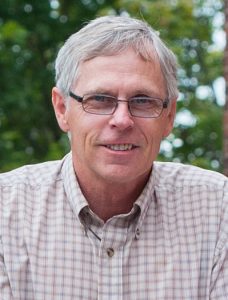
JANUARY 2020
Beyond the Asylum:
The Evolution of Mental Health Care in Prince Edward Island, 1846-2017
with Dr. Tina Pranger
How we as Islanders have historically cared for people requiring mental health care has evolved considerably over the last 150+ years. Dr. Tina Pranger’s book, Beyond the Asylum, the first-ever history of mental health care in PEI, richly details the often bumpy evolution of care on Prince Edward Island. This story is an important one for Islanders as it reflects who we were, who we are now, and who we could be in terms of how we care for people who live with mental illness.
More details (and video)
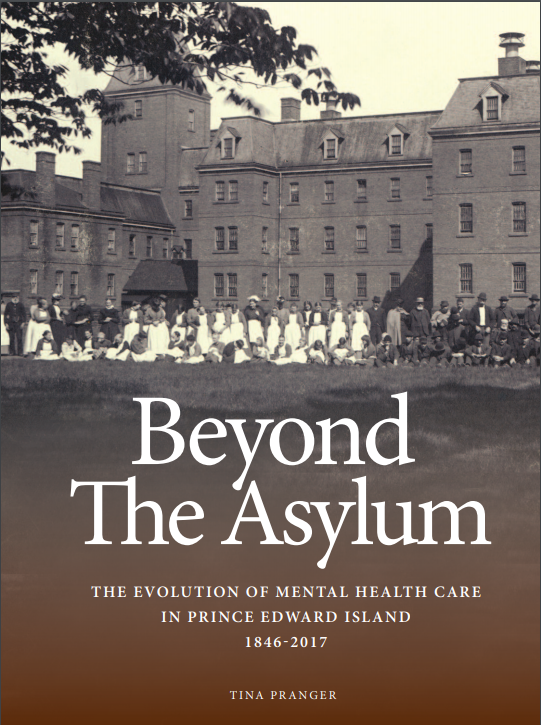
DECEMBER 2019
“Don’t Discard the Utilitarian Aims”: Revisiting the UK Prison Offer
with Dr. Dacia Leslie
After carrying out research into Jamaica’s correctional reforms, Dr. Dacia Leslie argues that the process by which government decisions are implemented should produce tangible results that meet the needs of citizens, while making the best use of resources. As such, the utilitarian aims of the UK Prison Offer should not be ignored. Dr. Leslie’s talk offers a pragmatic lens through which we might gain deeper insight into the justifications for Jamaica’s rejection of the offer.
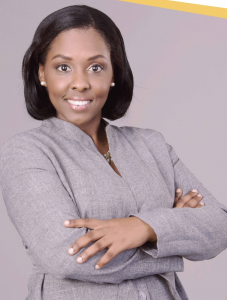
More details | Learn more about Dr. Dacia Leslie and her research
NOVEMBER 2019
Shifting sands: Capturing climatic and cultural change through art
with Brenda Whiteway
The passage of time, transitions in nature, and shifting patterns of life have been recurrent themes in Brenda Whiteway’s creative work. In this presentation, she discusses her most recent undertaking, the White Sands PEI Shoreline Project.
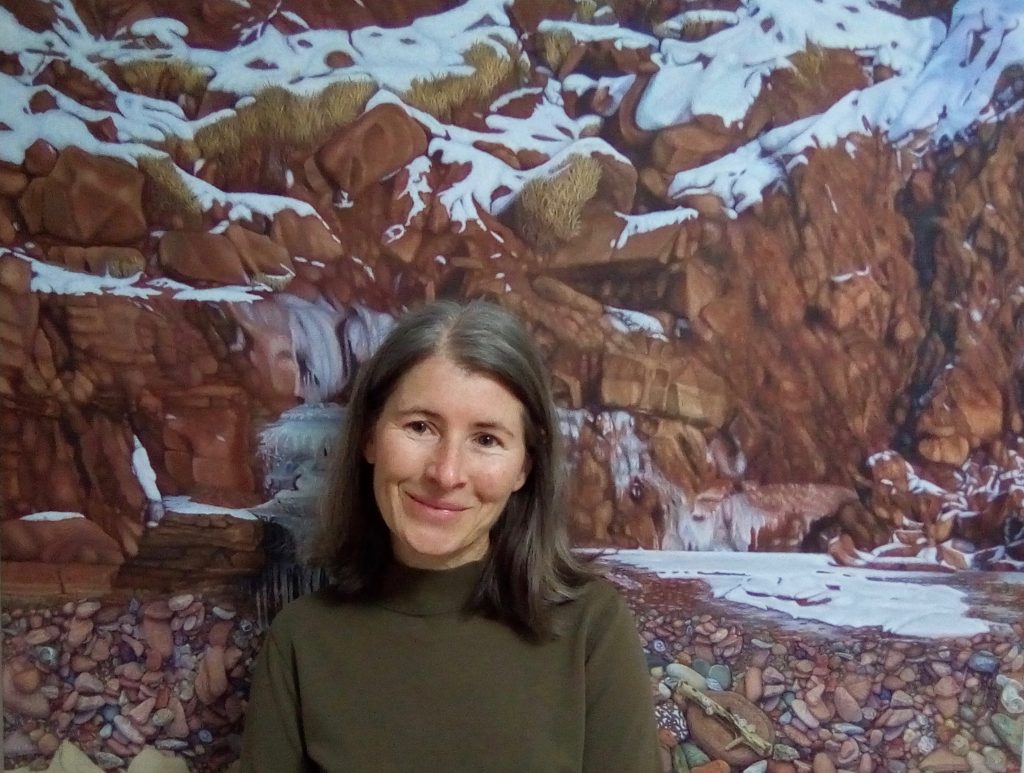
OCTOBER 2019
UPEI and the Faroe Islands International Community Energy Challenge
In this presentation, six UPEI students, along with Professor Anna Demeo from the Sustainable Design Engineering School, talk about an experiential learning opportunity that took them to the Faroe Islands in May 2019: The Faroe Islands International Community Energy Challenge.
More details (and video)
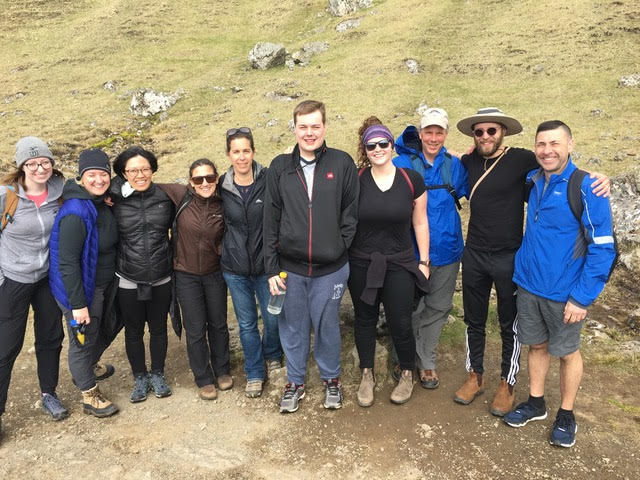
MARCH 2019
From policy to action: Lessons from Samsø
with Jocelyn Plourde
Jocelyn Plourde speaks about his Island Studies Master’s research in Samsø, Denmark. “From Policy to Action” is a research project that delves into the link between public policy and the deployment of renewable energy systems. At the heart of the research is a case study of the Danish island community of Samsø.
More details (and video)

FEBRUARY 2019
More than sun and pineapples: A look into the culture of astronomical sciences in Hawai’i
with Emerald Naylor
Island Studies Master’s student Emerald Naylor shares her observations of astronomy culture and the importance of showcasing both Western and Hawaiian perspectives. Emerald’s project focuses on the impact of the 13 telescopes on Maunakea and how relationships between Hawaiians and Western astronomers are navigated. She also discussed what the current tensions may mean for the future of astronomy on Maunakea.
More details (and video)

JANUARY 2019
“To be free is very sweet”: The story of Mary Prince, a West Indian slave
with Dr. Margôt Maddison-MacFadyen
Mary Prince is the first known Black woman to escape colonial enslavement, tell her story of survival, and have it compiled and written down. Join Dr. Margôt Maddison-MacFadyen on an historical-geographical journey through Mary Prince’s life, where she details primary source evidence that not only confirms Prince’s testimony, but broadens her story of slavery and freedom.
More details (and video)

DECEMBER 2018
Space and Place in Musical Identity on PEI: A Sonic Habitus
with Dr. Kate Bevan-Baker
A culture is often defined by its music, language, and traditions that are passed down from one generation to the next. In this lecture, Dr. Kate Bevan-Baker maps out Irish sonic territories across Prince Edward Island and explores the musical place and mobility of the music’s performers and listeners.
More details (and video)
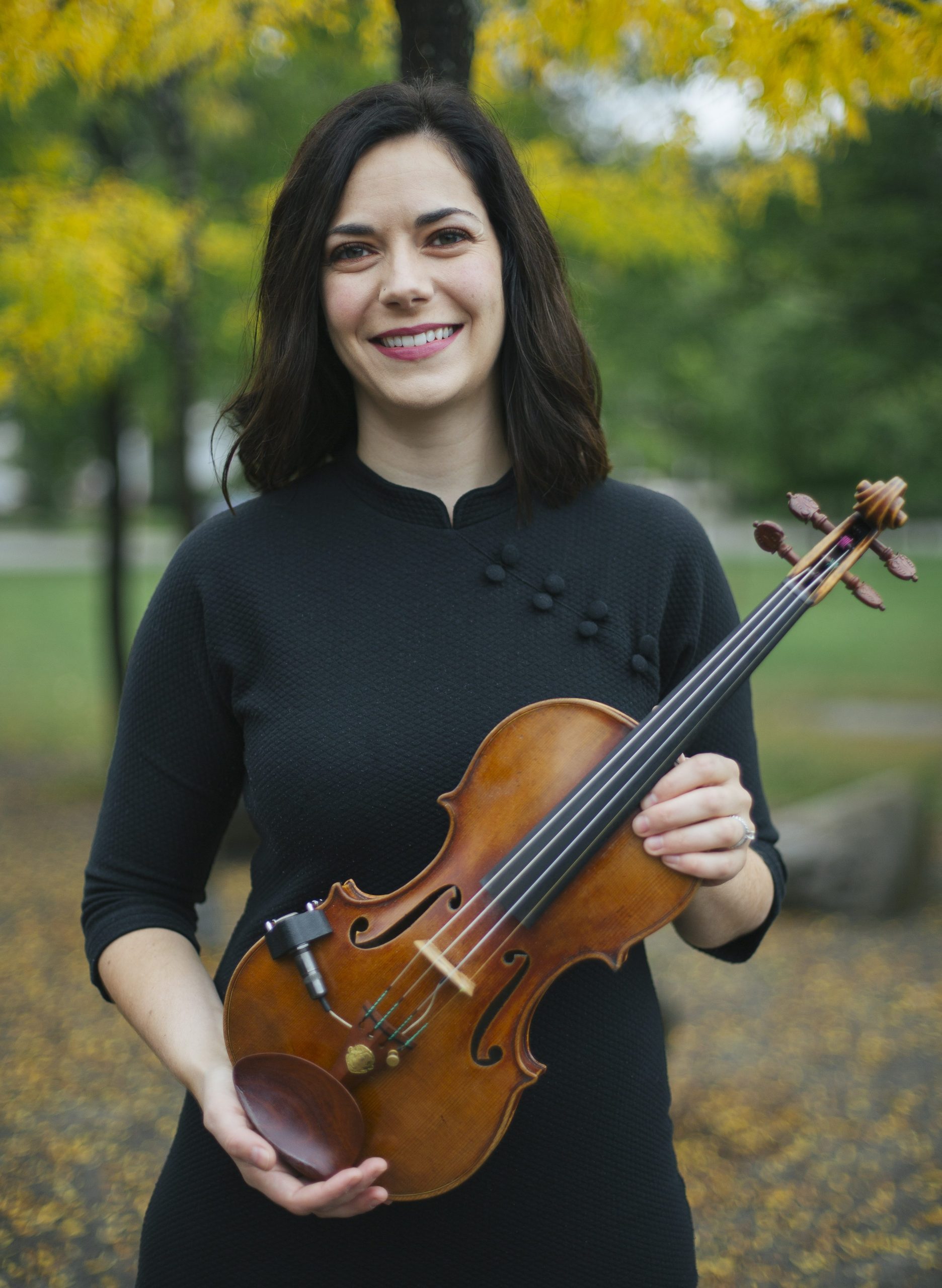
NOVEMBER 2018
The Life and Times of Dr. Leo Frank: A Jewish Fox Rancher
with Dr. Joseph Glass
Hidden away in Stratford, PEI, a small municipal park is named in memory of a former resident, Dr. Leo Frank, a unique individual in the Jewish and general history of PEI. A mysterious character, he made quite an impression on Islanders and his economic, social, and cultural activities were often discussed in the local press. This lecture highlights the story of the man memorialized in this green space in Stratford.
More details (and video)

OCTOBER 2018
Is the “Island way of life” lost when the ferry becomes a bridge?
with Janice Pettit
This presentation, drawn from UPEI Master of Arts in Island Studies (MAIS) graduate Janice Pettit’s exploratory thesis research, provides some insight into whether Prince Edward Island residents still consider themselves islanders and if their island identity has been affected by the fixed connection to the mainland.
More details (and video)
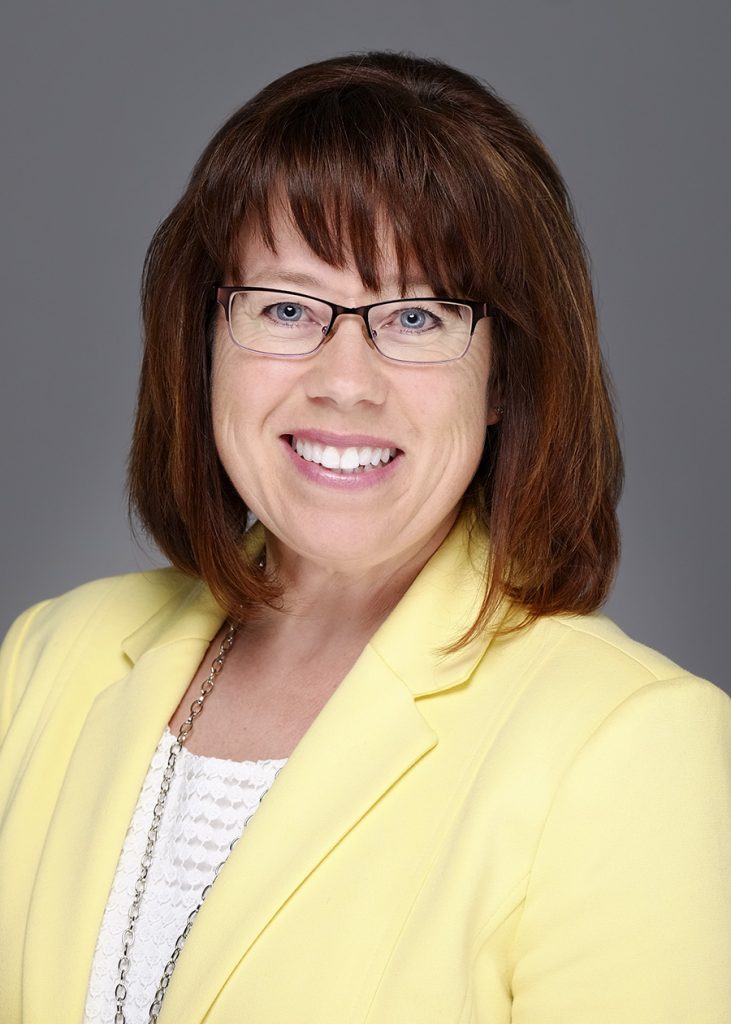
MAY 2018
Anne of Charlottetown and Summerside: L.M. Montgomery’s Urban PEI
with Dr. Kate Scarth
In this presentation, L.M. Montgomery scholar Dr. Kate Scarth asks, how does one of the most insightful writers of PEI and Canada’s literary landscapes grapple with the tensions between modernizing, globally linked, and growing towns and a traditional rural, agriculturally based island? The presentation also offers an urban dimension to a writer usually steeped in rural tradition, but who was writing about a Canada starting to become the urban nation it is today.
More details (and video)

MAY 2018
Alderney: Strengths, Weaknesses, Opportunities, Threats!
with David Earl
A special guest lecture in the Island Studies Lecture Series featured David Earl from Alderney, in the Channel Islands. The aim of this lecture was to paint a picture of the island and its people, as well illustrating its strengths, weaknesses, opportunities, and threats.
More details (and video)

APRIL 2018
The Making of a Canadian Military Nursing Heroine
with Katherine Dewar
This presentation featured author Katherine Dewar speaking about “The Making of a Canadian Military Nursing Heroine.” The heroine in question is Prince Edward Island’s own Georgina Fane Pope (1862-1938) and is the subject of Katherine’s soon-to-be-released book from Island Studies Press, Called to Serve.
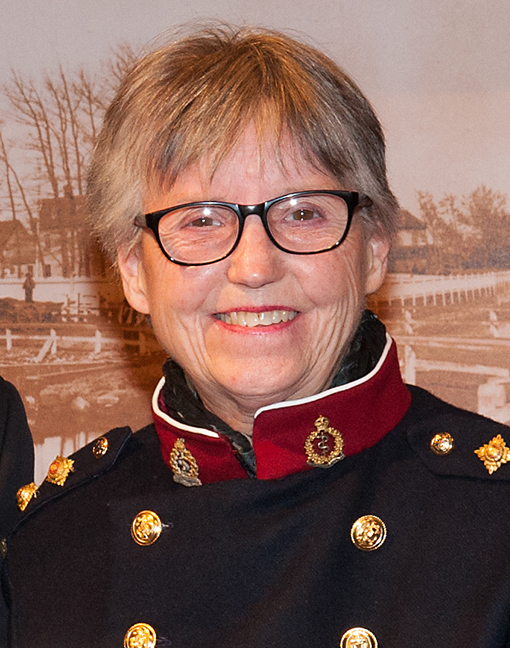
MARCH 2018
Overcoming “Small Size” in the Caribbean: The Role of CARICOM
with Dr. Nand C. Bardouille
In this session, IIS Research Associate Dr. Nand C. Bardouille speaks about the important role of regional integration in positioning Caribbean island states to overcome the disadvantages associated with “small size.” Dr. Bardouille traces the key milestones/achievements of and the challenges that confront CARICOM and reflects on CARICOM’s prospects.
More details (and video)
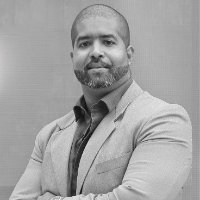
FEBRUARY 2018
Unearthing the mysteries of Prehistoric PEI
with Will Beckett
Prince Edward Island filmmaker/photographer Will Beckett brings his childhood fascination with prehistoric life to the Lecture Series as he speaks about the adventures behind his upcoming Web documentary series, Prehistoric PEI.
More details (and video)

JUNE 2017
The Changing World Language Map: A Megaproject in Progress
with Dr. Stanley Brunn
Island Studies welcomed Dr. Stanley Brunn, Professor Emeritus from the University of Kentucky, one of the most well-respected cultural geographers in North America, to present on his current “megaproject”, The Changing World Language Map.
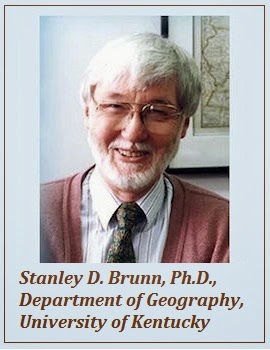
MAY 2017
The Economic Success of Mauritius
with Ouma Cuniah
Mauritius native and now Prince Edward Islander, Ms Ouma Cuniah, speaking about the economic success of her home island, Mauritius. She talked about the drivers behind the economic development of the country and drew comparisons and parallels with other islands that share a similar history, as well as with Prince Edward Island.
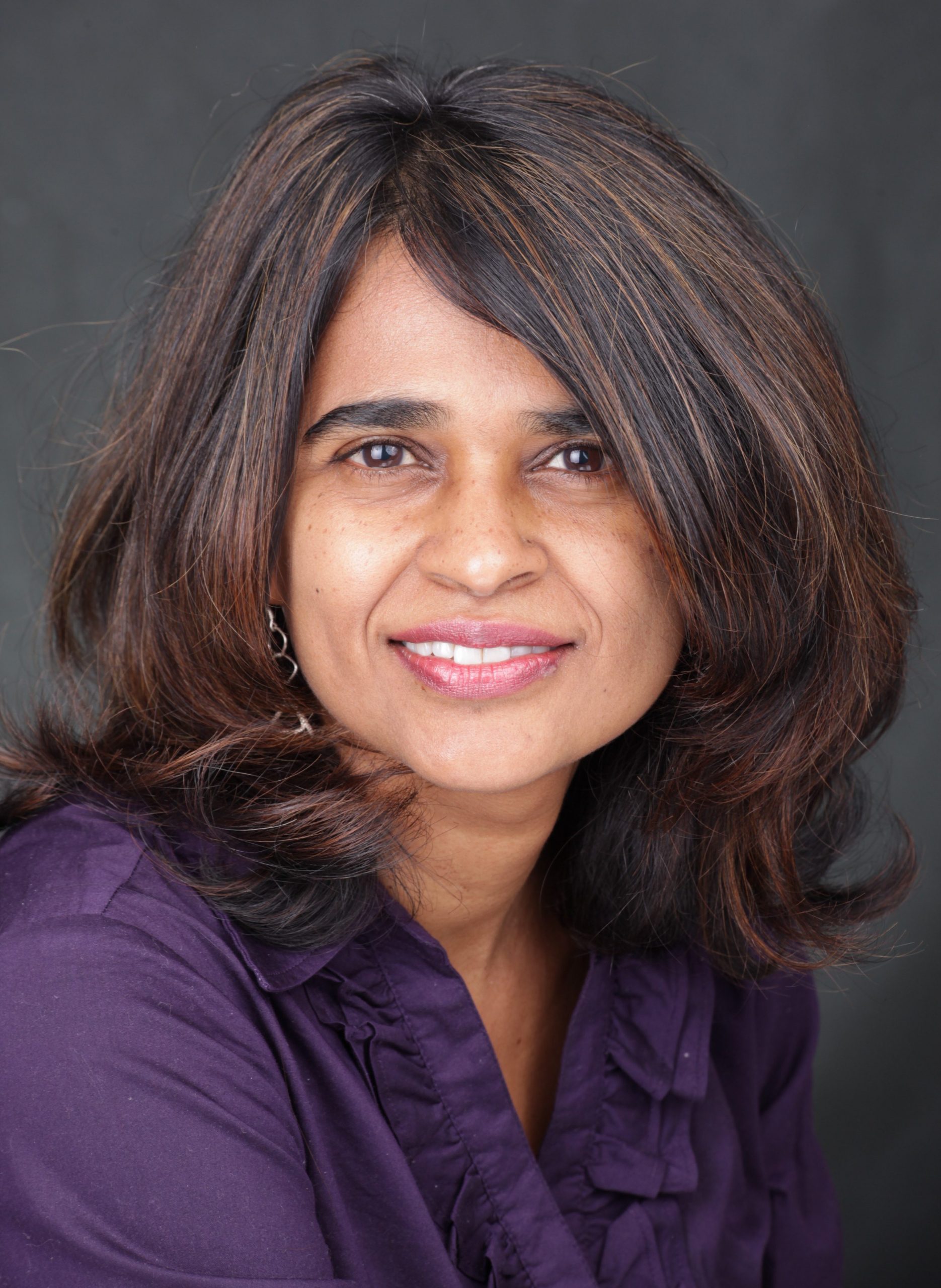
APRIL 2017
Saint Helena: An island in flux
with Owen Jennings
In this presentation, Master of Arts in Island Studies student Owen Jennings discussed his research into remoteness and access on the island of Saint Helena. This lecture considers the experience of travelling to and being a researcher on Saint Helena, and what being “a Saint” (as the locals call themselves) might mean as the island’s connection to the rest of the world changes dramatically.

MARCH 2017
“Scale and Governance” on Small Islands
with Dr. Peter Buker
How do size factors of population and geography relate to accountability and responsibility, to efficiency and effectiveness? Citing political theory, public administration, economics, and social “small-scale” literature, and taking into account technological advances, this presentation by Dr. Peter Buker focuses on how scale applies to governance. The implications, especially for small island jurisdictions such as Prince Edward Island, are many.
More details (and video)

FEBRUARY 2017
PEI and the Maggies: Long-standing Connections
with Georges Arsenault
This lecture features Island historian Georges Arsenault speaking about connections between Prince Edward Island and the Magdalen Islands. Arsenault has explored links going as far back as 250 years to the pre–Acadian Deportation years when Islanders sailed to “the Maggies” to participate in the walrus hunt.
More details (and video)

JANUARY 2017
Focus on Ireland
with Erin Rowan and Eoin O Beaglaoich
This session features Island Studies Master’s student Erin Rowan speaking about her thesis research. Erin’s research explores a dark time in Irish history, the Great Potato Famine (1845-1852), and how this period was felt and experienced by the people of Valentia Island and Cahersiveen. The subtle differences in Famine experience between these two places show the effects of islandness and peripherality on this important period in Ireland’s history.
Erin was joined by Eoin O Beaglaoich, a visiting lecturer in Irish culture and language at UPEI and musician in residence at Holland College.
More details (and video)

DECEMBER 2016
The Murderous Mother and the Meanings of Minnie McGee
with Dr. Sharon Myers
In July 1912, 36-year-old Minnie McGee (nee Mary Cassidy, 1875-1953) of St. Mary’s Road was tried and sentenced to hang for the murder of her son. While charged only in the death of 10-year-old John, evidence suggests she had killed all six of her children during the same week that Spring.
Dr. Sharon Myers’ research follows Minnie McGee’s life in and out of institutions, showing a pattern of occurrences in McGee’s “criminal” life where the state chose to discipline and punish with far lighter touch than might be expected.
More details (and video)

NOVEMBER 2016
Stories of Weathering Cyclone Pam in Vanuatu:
Leaf-houses, Flying Foxes, and Body Bags
with Dr. Jean Mitchell
Drawing on interviews with Islanders from the southern Vanuatuan islands that were literally in the eye of 2015’s Cyclone Pam, this presentation recounts stories from those islanders about the cyclone and its aftermath. How social relationships, the gift/kastom economies, local knowledge, nature, and culture are entangled in Vanuatu offer powerful insights into how to survive a cyclone.
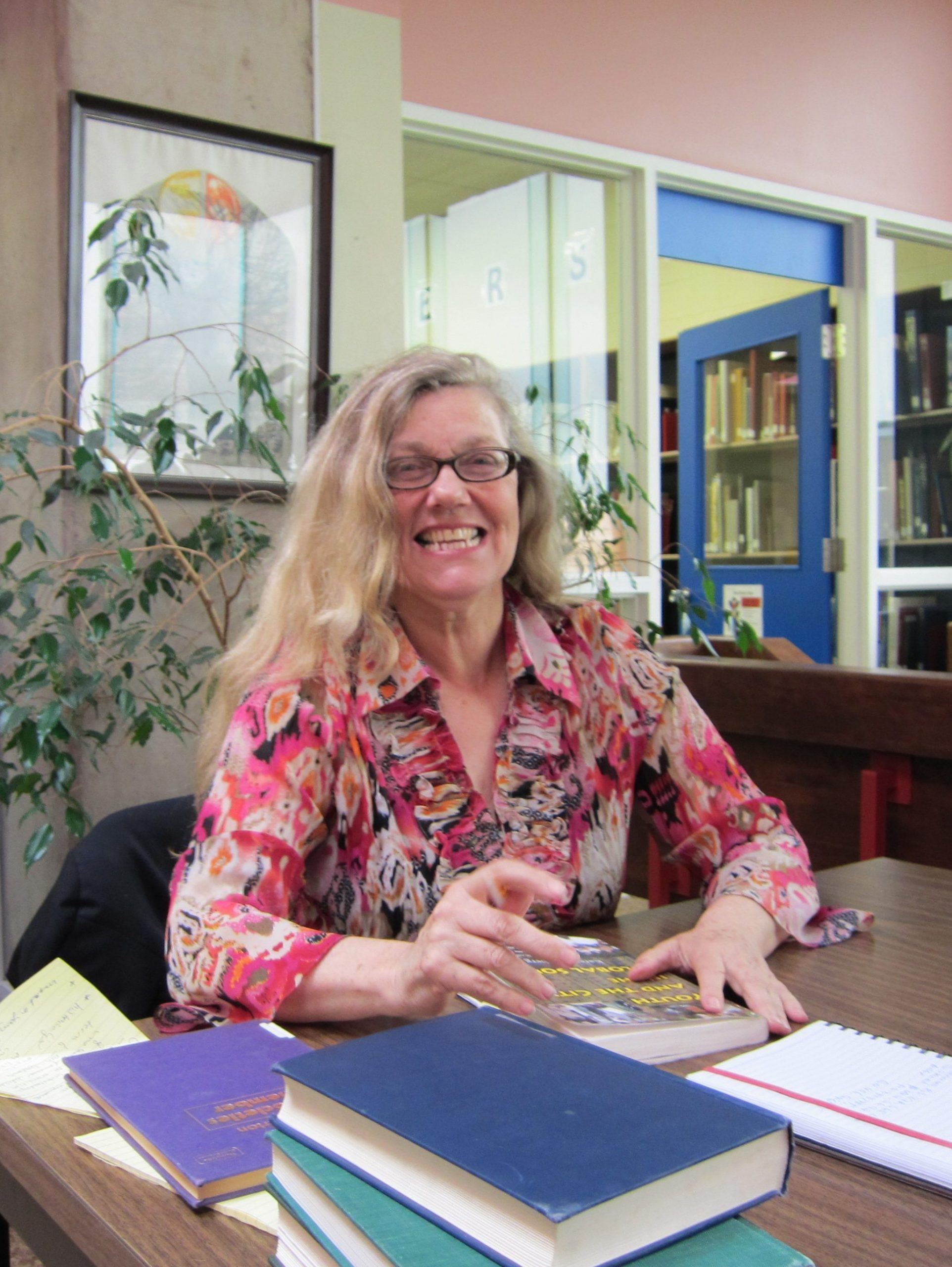
OCTOBER 2016
The Romance of Prince Edward Island: A Tour Through the 1941 Visitors’ Guide
with Dr. Ed MacDonald
Along with fellow Islander Alan MacEachern of the University of Western Ontario, MacDonald has been working for many years on a history of Prince Edward Island tourism. In 1941, Prince Edward Island dressed itself up as “The England of Canada” in a bid to attract war-wary American tourists. One visitor saved the guide, adding their own comments in the margins. Six decades later, that guide has come back to the Island. Its pictures, text, ads, and annotations provide a revealing glimpse into an industry that was still struggling to define itself.
More details (and video)
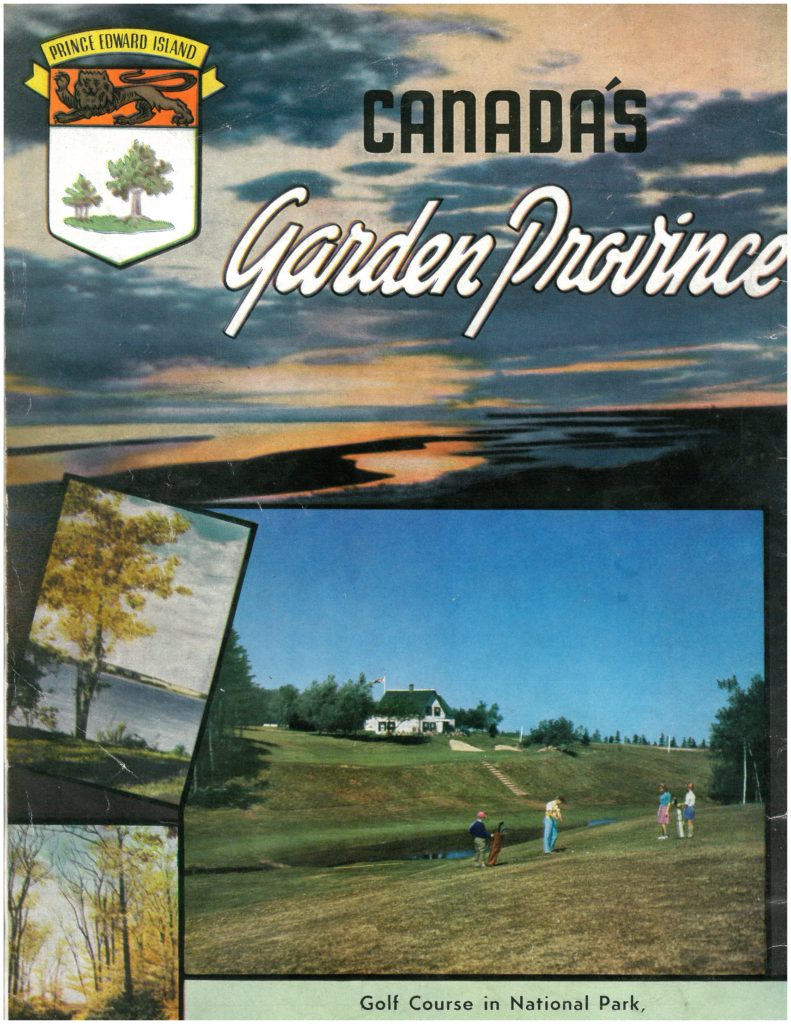
APRIL 2016
New London: The Island’s Lost Dream
with John Cousins
This session featured Prince Edward Island historian and folklorist John Cousins presenting a lecture entitled “New London: The Island’s Lost Dream,” tracing the rise and fall of the “Quaker” village of New London between the years 1773 and 1795. This talk was a sneak preview of a forthcoming book from Island Studies Press.
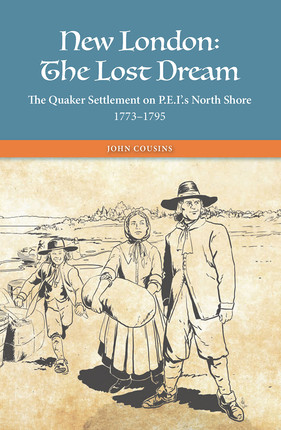
MARCH 2016
Learning About Islands: Writing an Undergraduate Textbook in Island Studies
with Dr. Jim Randall
Islands have been incredibly important in how we understand the world around us. From our knowledge of evolution, biodiversity, the impacts of climate change, world music, and how adventure novels have influenced our tourist destination choices, islands and islanders have been front and centre. This talk by Dr. Jim Randall is about one mainlander’s journey to discover the importance of islands, and his attempt — in the form of a new textbook — to convey his new-found love of our world of islands to others.
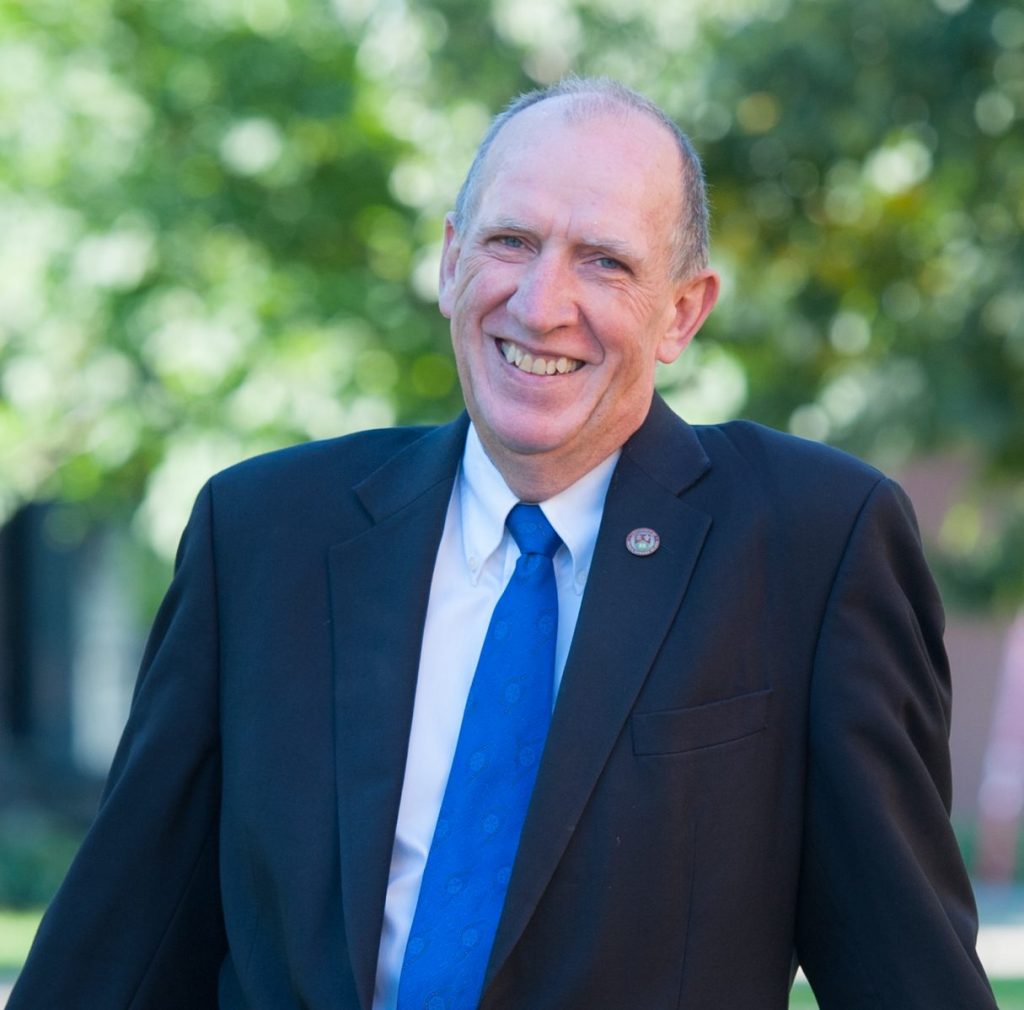
FEBRUARY 2016
“Mar bhlàth an fheòir” (“like the flowering grass”):
Gaelic Language and Song Composition on Prince Edward Island
with Dr. Tiber Falzett
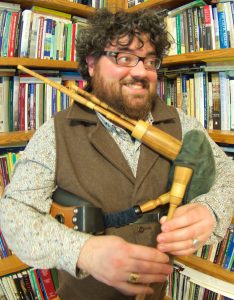
This lecture, “Mar bhlàth an fheòir” (“like the flowering grass”), focuses on the oral and written interfaces in local Scottish Gaelic song composition on Prince Edward Island. Dr. Tiber Falzett investigates a once vibrant, yet fragmentarily documented, tradition of local song composition and performance as expressed throughout the nineteenth- and early twentieth-centuries among Scottish Gaelic speakers on Prince Edward Island.
By engaging both contemporary printed texts as well as sound recordings from fieldwork undertaken among remaining speakers and semi-speakers in the second half of the 20th century, a multifaceted and dynamic body of tradition is capable of being pieced together. In turn, these reassembled fragments of oral tradition can be reinterpreted to reveal a multi-accentual dynamic in what has since become a silenced ethno-linguistic community. Ultimately, it is intended to place these expressive forms of intangible cultural heritage as created and carried down by Gaelic-speaking Islanders in the context of the wider multicultural zone of the Canadian Maritimes to which they once belonged.
Learn more about Dr. Tiber Falzett and his research
JANUARY 2016
“So you want to go to Iceland…”
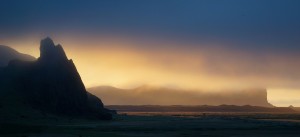
with David Cairns
In the past several years, travel by Prince Edward Islanders to Iceland has grown from a rarity to a phenomenon. “So you want to go to Iceland…” offered a guide for both the never-been-there-yet set, and for experienced travellers looking for new ways to scratch their Iceland itch. The program included Icelandic basics, a sample itinerary, a chance to question veteran Icelandic trippers, and a showcase of Iceland photos submitted by the public. There was an opportunity for informal discussion and travel-tip-sharing during the intermission and afterward.
MAY 2015
Guthan an Eilein: Island Gaelic Voices
with Dr. Tiber M. Falzett
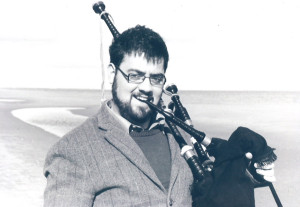
In this presentation, IIS Research Associate Dr. Tiber Falzett discussed how Scottish Gaelic language and culture has passed down through generations on Prince Edward Island.
Through oral traditions, music, songs, poetry, newspaper articles, and census returns, attendees were taken on a journey in the life of Scottish Gaels on Prince Edward Island from their arrival on these shores to the decline and eventual disappearance of the language from everyday Island life by the close of the last century.
Excerpts of field recordings made by Dr. John Shaw for the Institute of Island Studies in 1987, as well as earlier recordings made by others, served as primary vehicles in our explorations. During this session, Tiber played these Gaelic recordings and provided English translations. This small but significant collection of recordings holds tremendous potential for the homegrown linguistic and cultural renewal of these local traditions at the communal level.
Learn more about Dr. Tiber Falzett and his research
SEPTEMBER 2014
Mapping the Pre-settlement Forests of Prince Edward Island
with Dr. Doug Sobey
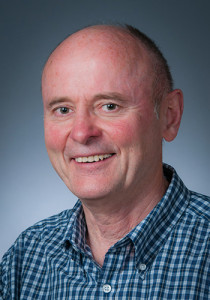
Dr. Doug Sobey, a Research Associate of the University’s Institute of Island Studies, and formerly at the University of Ulster, gave an illustrated public talk on the results of a study carried out by himself and William Glen (formerly of the Forestry Division) into the forest descriptions found on manuscript maps housed in the P.E.I. Public Archives dating from the 18th and early 19th centuries.
Dr. Sobey discussed what the descriptions on the maps reveal about the Island’s forest-types before their destruction by clearance and fire. His research has been carried out with the support of both the Institute of Island Studies and the Forests, Fish and Wildlife Division of the P.E.I. Department of Agriculture and Forestry. The lecture included the launch of a recently published research report on the subject.